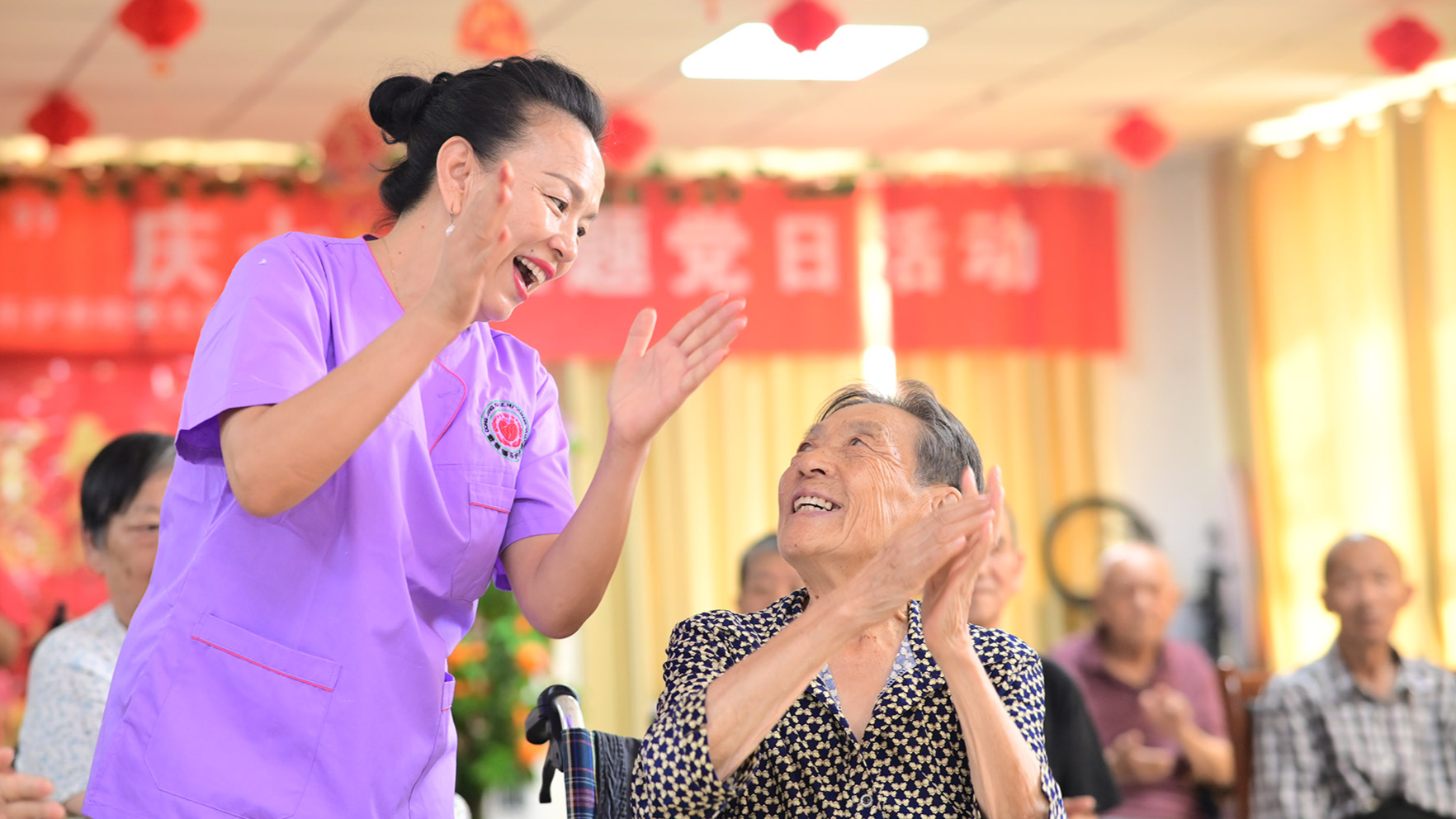13 Asian nations to share experiences via ASEAN Plus Three framework

China is seeking to intensify exchanges in policymaking and technologies with 12 other Asian nations to tackle the shared challenges of aging populations.
The cooperation is to be primarily conducted within the existing ASEAN Plus Three framework, known as APT, Civil Affairs Minister Lu Zhiyuan told a forum in Beijing.
The APT framework was established in the 1990s among China, Japan and South Korea — all currently grappling with low birth rates and sizable aging populations — and members of the Association of Southeast Asian Nations, known as ASEAN.
READ MORE: Chinese premier calls for stronger Asian consciousness
With almost 700 million people, the 10-member ASEAN is the world's third most populous region, with a demography that is among the fastest aging globally.
The APT framework was originally designed to enhance regional cooperation and dialogue on various challenges arising from globalization, particularly economic ones.
During the opening ceremony of the ASEAN Plus Three International Forum on Response to Aging, Lu signaled that the framework could assume a new task.
He emphasized the importance of expanding aging-related exchanges at governmental, civil-societal and industrial levels among the 13 countries involved.
He advocated for leveraging the APT framework's ministerial meeting on social welfare and development to strengthen government collaboration and establish a sustainable cooperation mechanism to address common aging-related issues.
Lu also stressed the need for enhanced collaborations among universities, research institutions and social organizations to produce high-quality research outcomes and actionable projects, and for promoting partnerships in senior-friendly products and cutting-edge smart technologies tailored for elderly care.
"The APT framework is one of the most well-established mechanisms for regional cooperation in East Asia, and it has made positive contributions to the prosperity and advancement of the region," Lu said, adding that the two-day international forum was timely and crucial for addressing the challenges posed by aging populations in the region.
Secretary-General of ASEAN Kao Kim Hourn said at the forum in a prerecorded speech that elderly care is a pivotal element of ASEAN's partnership with China, Japan and South Korea.
ALSO READ: China ready to move toward establishing East Asian community
He urged the 13 nations to exchange best practices, innovations and inclusive policies to pave the way for a future where older individuals are revered, assisted and empowered.
Figures from the National Health Commission show that the number of Chinese people age 60 and above will surpass 300 million by next year — accounting for 20 percent of the population.
By around 2035, the age group is projected to exceed 400 million, comprising over 30 percent of the population.
To cope with the demographic shift, the Chinese government has named tackling population aging a national strategy. It has emphasized a holistic approach, urging aging-related policies be made to help achieve broader socioeconomic development goals.
This involves enhancing elderly policies, social security, care services and health systems, promoting the social participation of older people, creating an elderly-friendly society, and boosting the wellbeing and security of seniors.


